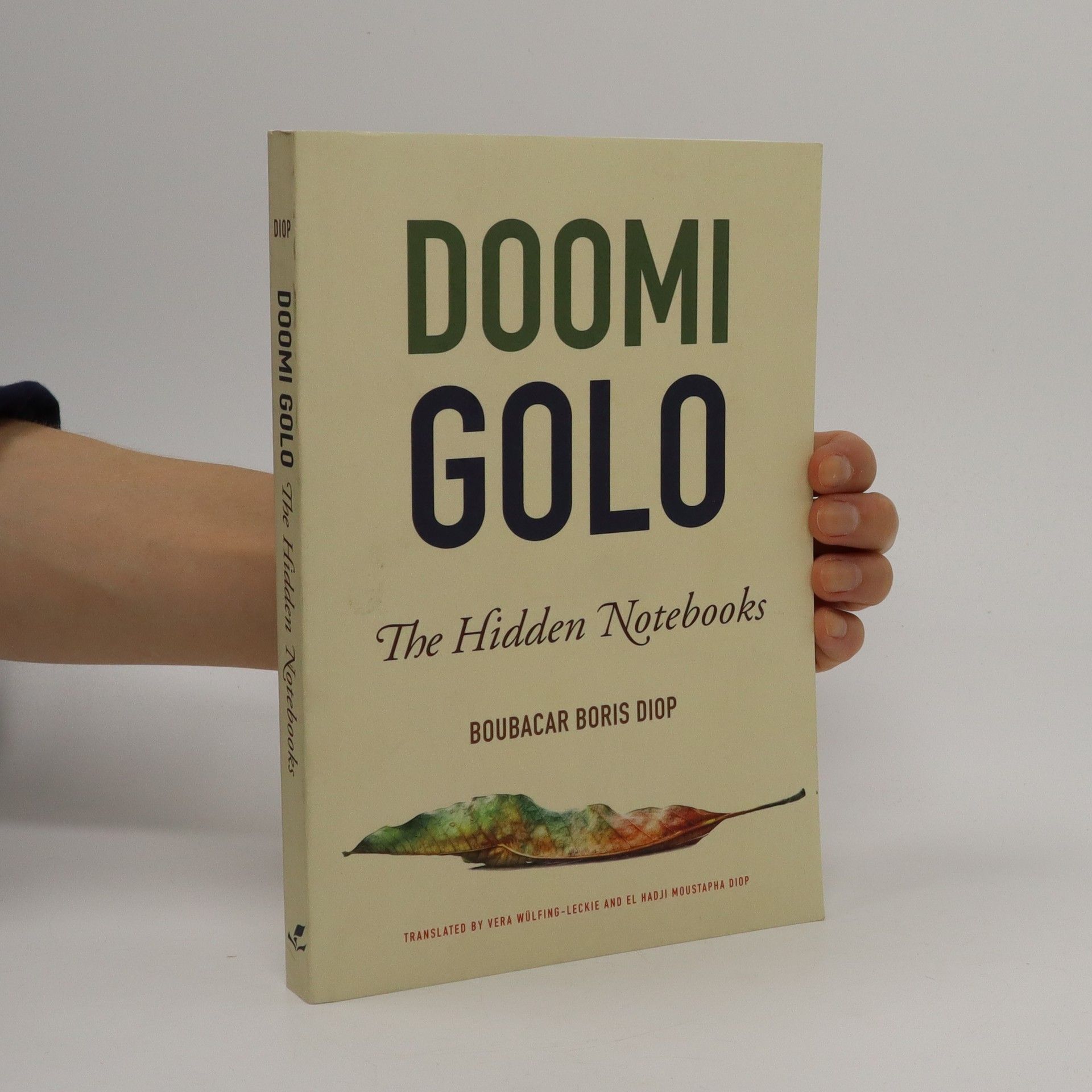Murambi, The Book of Bones
- 228bladzijden
- 8 uur lezen
In April of 1994, nearly a million Rwandans were killed in what would prove to be one of the swiftest, most terrifying killing sprees of the 20th century. In Murambi, The Book of Bones, Boubacar Boris Diop comes face to face with the chilling horror and overwhelming sadness of the tragedy. Here, the power of Diop's acclaimed novel is available to English-speaking readers through Fiona Mc Laughlin's crisp translation and a compelling afterword by Diop. The novel recounts the story of a Rwandan history teacher, Cornelius Uvimana, who was living and working in Djibouti at the time of the massacre. He returns to Rwanda to try to comprehend the death of his family and to write a play about the events that took place there. As the novel unfolds, Cornelius begins to understand that it is only our humanity that will save us, and that as a writer, he must bear witness to the atrocities of the genocide.

